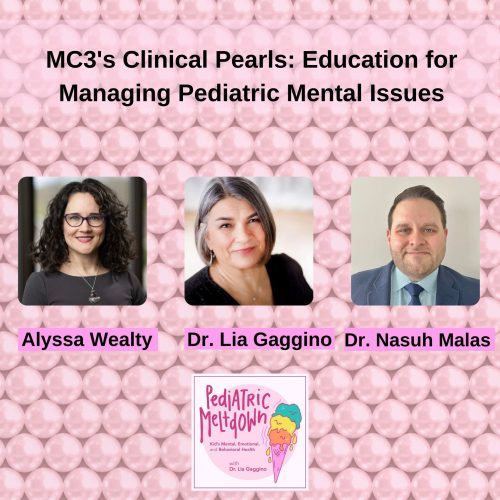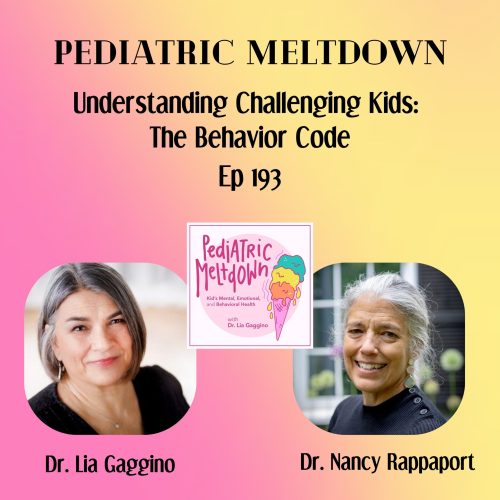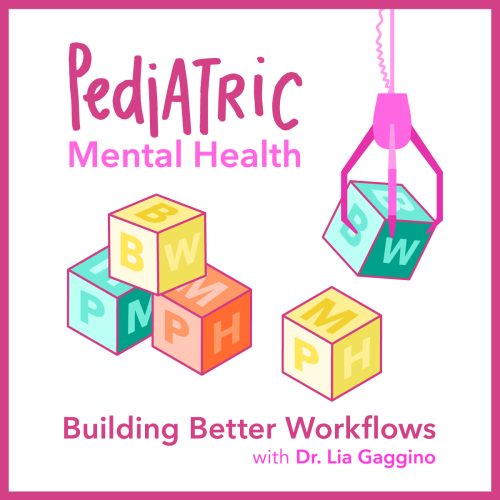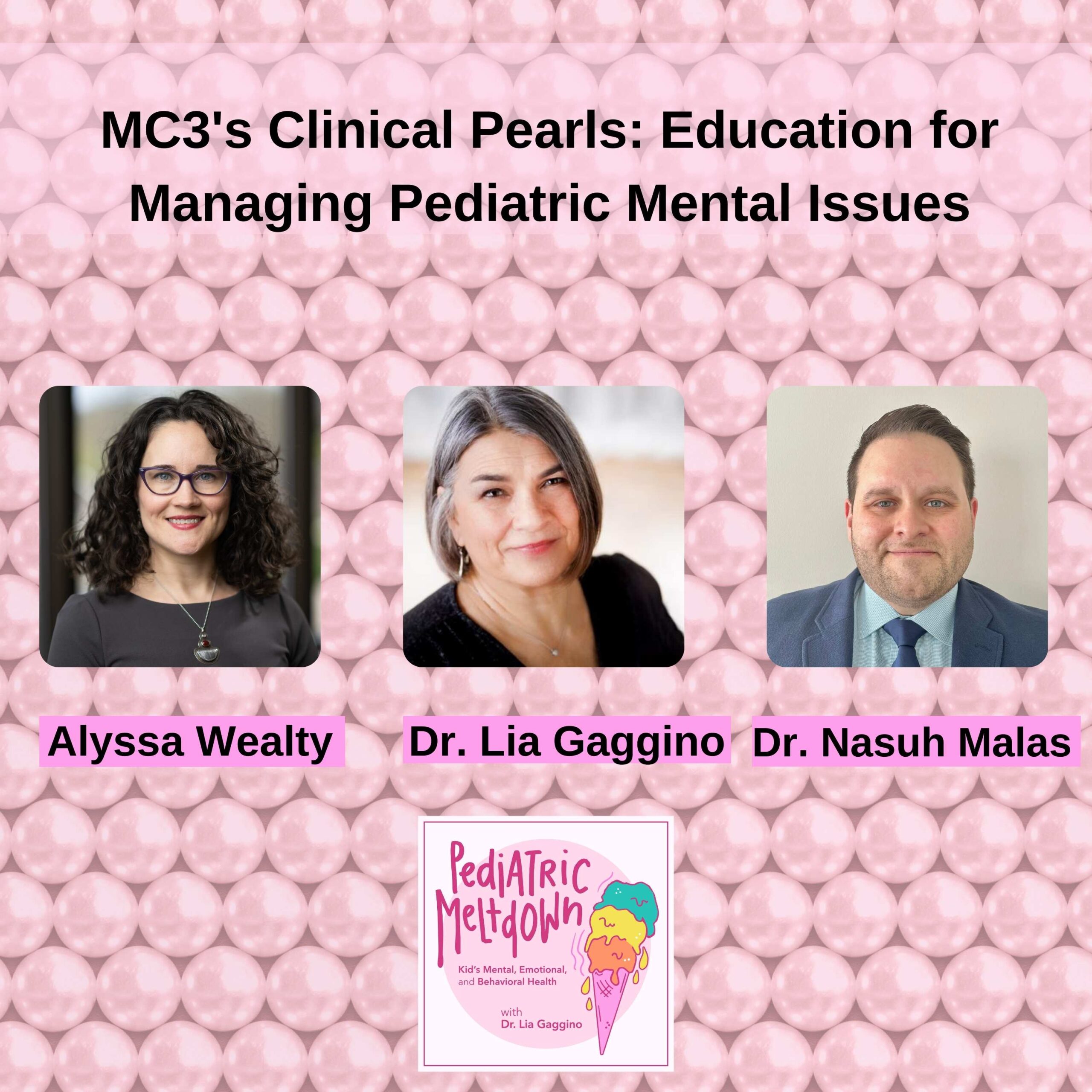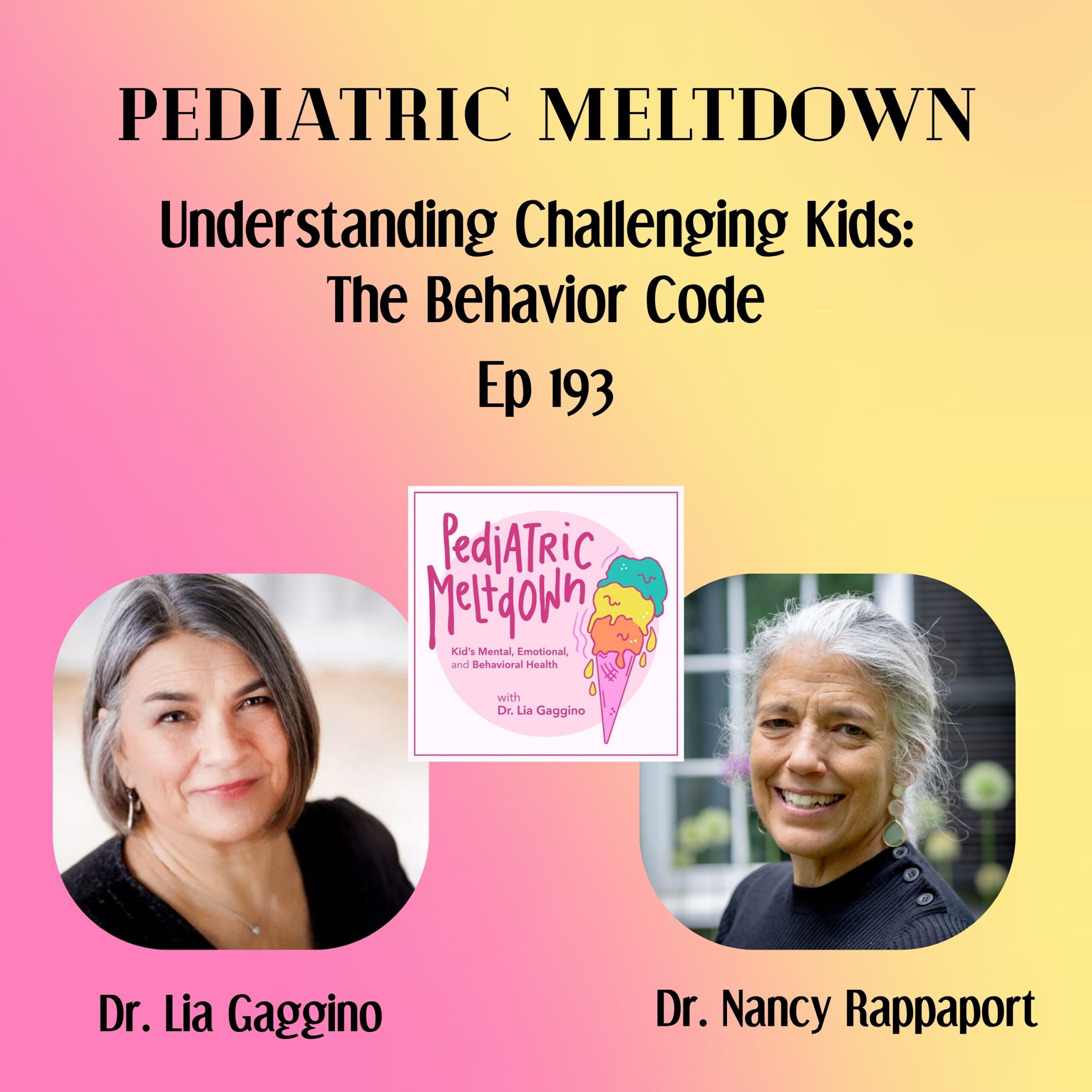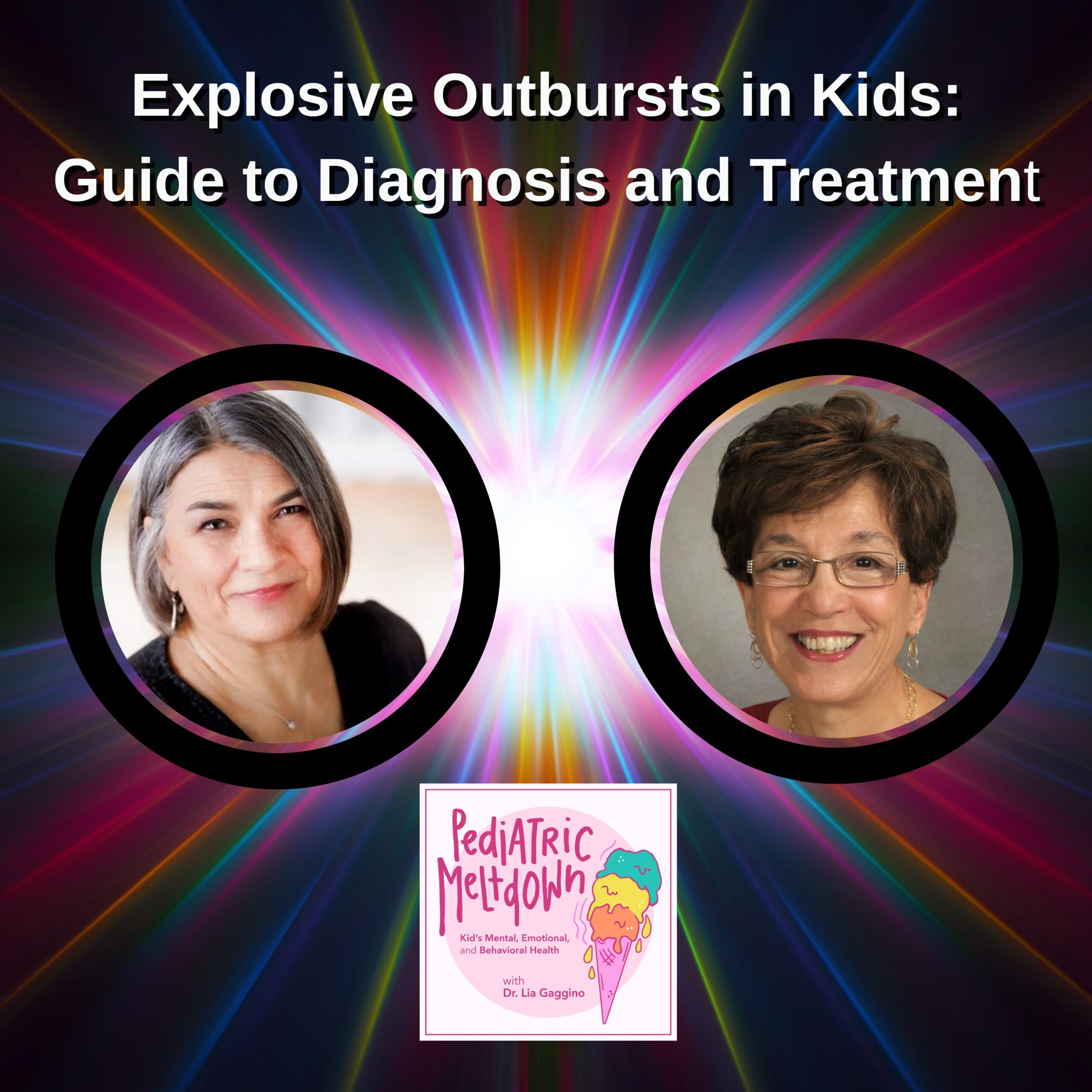We know that change is hard and it takes a lot of hard work, but we want to remind you that it’s okay to take small steps in the right direction. If you’re feeling stuck or frustrated with your current path, remember that it’s okay to be patient and to start small! In this episode, Dr. Jutte shares his journey as a pediatrician, and why he has focused on community-based interventions to address social determinants of health. He also discusses the importance of poverty and how it impacts health disparities in our population. Pay close attention since we have a deep conversation on how pediatricians can raise awareness and connect with their patients to make a difference. His mission is to increase thoughtful investments into low-income communities in order to revitalize them and support the well-being and health of these neighborhoods. We need your help. We need your voice. We need you to get involved. Let’s dig into Neighborhood Transformation: Changing the Zipcode Impact!
Douglas Jutte, MD, MPH is Executive Director of the Build Healthy Places Network, a national organization with the mission to transform the way organizations work together across the health, community development, and finance sectors to more effectively reduce poverty, advance racial equity, and improve health in neighborhoods across the United States.
Key Highlights:
[00:01 – 10:52] Open Segment
Dr. Jutte shares his background and work experience
The reason why pediatrics is one of his favorite specialties
How Dr. Jutte went from a primary care pediatrician to the executive director of Build Healthy Places Network
How pediatricians can work with other professionals to improve the health of their patients
[10:53 – 19:41] The Importance of Community Engagement
The importance of revitalizing low-income communities
Why having community engagement is key to addressing health disparities
What the social determinants of health are and why they need to be interconnected to improve individual health
The key components of thriving communities
[19:42 – 28:33] The Community Development Sector
How the Obama administration helped revitalize neighborhoods that may be experiencing gentrification
There is a lot of money available for various purposes, but it is not legislated or part of the regular budget
[28:34 – 38:44] Pediatricians and Healthcare Providers Are Essential Players
How for-profit affordable housing developers use federal affordable housing tax credits to make projects more affordable for low-income families
Methods community development centers use to help low-income residents
The role of Community Development Corporations (CDCs) in affordable housing
Why the government can’t just give money to non-profits directly
[38:45 – 48:48] We Underestimate The Power of our Doctor Title
Pediatricians need to be aware of and engaged with the issues surrounding community development
Pediatricians have a lot of power to advocate for their community and can help develop policies that support health
Why work as a pediatrician has the potential to have long-term impacts on children’s health
[48:49 – 58:32] Final Takeaways
- The path to your passion is not linear
- Zipcode has more implications on health outcomes for children than genetic code
- Lifting out of poverty is not just about lifting an individual or their family, but about lifting the neighborhood
- When looking at heat maps for poverty and obesity, there is a perfect overlap with poor neighborhoods
- The mission of Build Healthy Places Network is to transform the way organizations work together across the health
- The components of a thriving and vibrant community
- There are funds to the tune of 300 billion earmarked for affordable housing
- Community development corporations and financial institutions move funds in complicated ways both non-profit and for-profit organizations
- This is a good return on investment
- Pediatricians play a role in what seems overwhelming
- Advocacy, use your title
- Show up and be who you are
Resources Mentioned:
- Neighborhood Poverty and Child Health: Investing in Communities to Improve Childhood Opportunity and Well-Being
- The Intersection of Community Development and Health
- A New Responsibility for Children’s Hospitals: The Health of Neighborhoods
- Unstable, Unsafe Housing Harms Children’s Brains
- Neighborhood Change for a City’s Youngest
- To Build the Future, Housing Authorities, and Schools Join Forces
- A New Generation of Affordable Housing
Connect with Douglas Jutte, MD, MPH through Twitter and LinkedIn. Head to Build Healthy Places Network, communities where all people can live fulfilling and healthy lives.
Key quotes:
“The underlying goal is to increase awareness and knowledge of the work and shared interests across sectors and to provide tools to actually begin the process of collaboration.” – Douglas Jutte
“ We want to increase thoughtful investments into low-income communities in order to revitalize them and support the well-being and health of these neighborhoods, often neighborhoods that have been marginalized for a long time.” – Douglas Jutte
“The roots are interconnected in such important ways that it almost is like you can’t fix one without the other.” – Douglas Jutte
THANK YOU FOR YOUR SUPPORT!
Pediatric Meltdown was listed as a Top 20 Pediatric Podcast on FeedSpot.
If you’d like to connect with me, you can find me on LinkedIn, Facebook, Instagram, and Twitter, or email me at [email protected] or [email protected]. To learn more about me visit https://www.medicalbhs.com/
LOVE WHAT YOU HEARD? Leave us a 5-star review so we can continue to provide you with great content. Share this episode and help people know more about children’s health and well-being.



